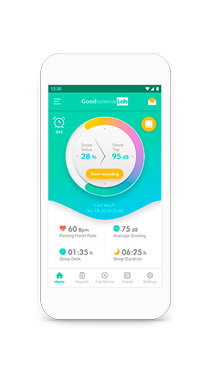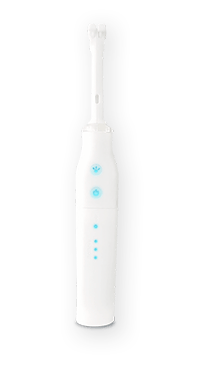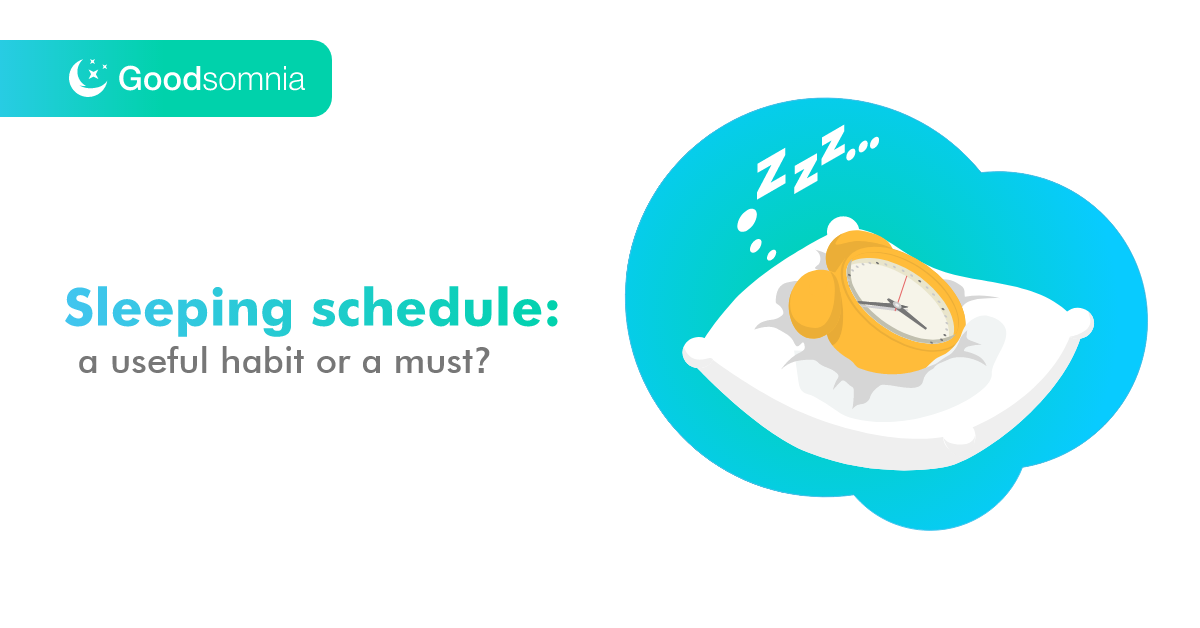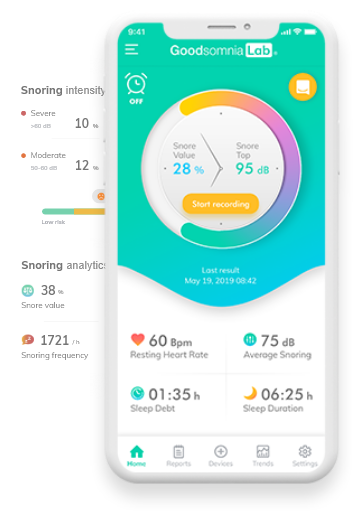No matter whether you have a busy or chilled lifestyle, your productivity is highly dependent on habits. It’s easier for the body and brain to work by routine than adapting to chaotic actions during the day.
A sleep schedule is a crucial habit that can profoundly improve our general condition. It’s a primary recommendation for people who have insomnia or cannot overcome daytime sleepiness. Repetitive actions, especially with a fixed time, are beneficial not only for sleep. Our stomach, for example, is proved to digest food better if we eat at the same time.
The magic behind a scheduled sleep is hidden in the brain where the hypothalamus is responsible for the sleep-wake schedule. It makes us feel calm or alert at different points in the day.
How to find a perfect sleeping schedule?
If you go to bed and wake up at the same time, you have a schedule. Whether you’re a night owl or an early bird, there are some recommendations on how to reset your sleep behavior.
Firstly, there are some guidelines aimed at improving sleep quality and you can rely on them while choosing how to change your sleeping schedule.
- The National Sleep Foundation says the best hours to turn in are from 8pm to midnight.
- Periods of deepest sleep are between 2am-4am, so avoid staying up late regularly. Let your body reset when it requires.
- The sufficient amount of sleep is around 7-9 hours for adults.
As you can see, there is enough space for personalization when you’re wondering how to change a sleeping schedule. Once you find your best sleep schedule, try to observe it for a while, and you are likely to see significant improvements in wellbeing.
How to fix your sleep schedule: useful add-ons
Generally, there are some additional tricks to get your sleeping schedule on track.
- Light and noise matter. Our sleep-wake cycle is naturally connected to day-night changes. A special light-sensitive hormone, melatonin, predisposes us to sleep when it’s dark and helps maintain a sleeping schedule. So, try to accustom your environment before going to bed.
- Reduce stress. Evening meditation or yoga can work well, and decreased caffeine intake prevents extra alertness.
- Avoid naps. If you’re a nap lover, it can affect your night sleep. Try not to sleep during the day as it breaks the normal sleep cycle. If it’s too challenging, one option is to limit naps to 30 minutes in the early afternoon to help fix your sleep schedule.
- Light physical exercise. Muscular activity can affect the sleep-wake cycle and melatonin levels as well. Light, regular workouts are pretty good for sleep quality.
This list of tips on how to fix your sleep schedule is non-exhaustive. Everything is in your hands. Track your sleep and explore the most comfortable plan for yourself. It can take time, but once sleep behavior is adjusted, the long-term perspective of feeling fresh and productive is worth it.
Goodsomnia Lab app can be handy in measuring sleep length and depth. Feel free to use it.














